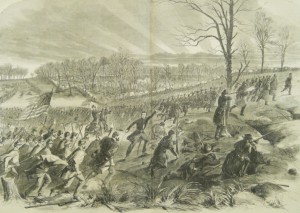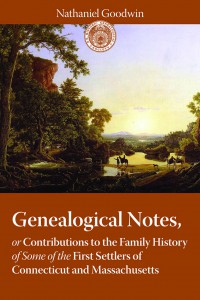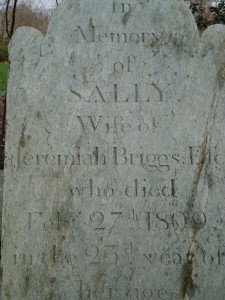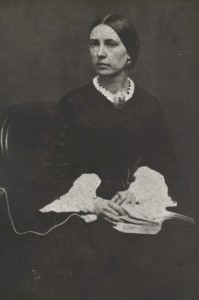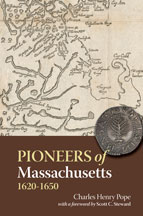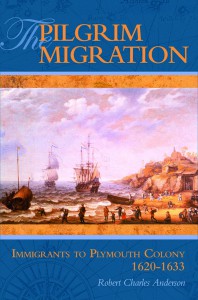 Thomas Hutchinson (1711–1780) was the last crown-appointed civilian governor of Massachusetts. During his term of office, he dealt with the aftermath of both the Boston Massacre and the Boston Tea Party. The Colonial Society of Massachusetts has recently published the first volume of his selected correspondence covering the years 1740–1766. It is most readily available through amazon.com. Here are a few thoughts about the process of documentary editing by John Tyler, one of the volumes’ two co-editors.
Thomas Hutchinson (1711–1780) was the last crown-appointed civilian governor of Massachusetts. During his term of office, he dealt with the aftermath of both the Boston Massacre and the Boston Tea Party. The Colonial Society of Massachusetts has recently published the first volume of his selected correspondence covering the years 1740–1766. It is most readily available through amazon.com. Here are a few thoughts about the process of documentary editing by John Tyler, one of the volumes’ two co-editors.
The effort to bring Governor Thomas Hutchinson’s letters into print has a long history, much longer than the twenty years that I have been working on them. In 1951 and 1954, the National Historical Publications Committee at the Colonial Society of Massachusetts urged their publication. Later in the decade, Malcolm Freiberg and Catherine Shaw Mayo began transcribing the nearly 1,800 letters contained in Hutchinson’s letter books at the Massachusetts Archives. These transcriptions were an invaluable aid to anyone researching the Boston politics of the fifteen years before the American Revolution. Continue reading Reading other people’s mail: Part One

